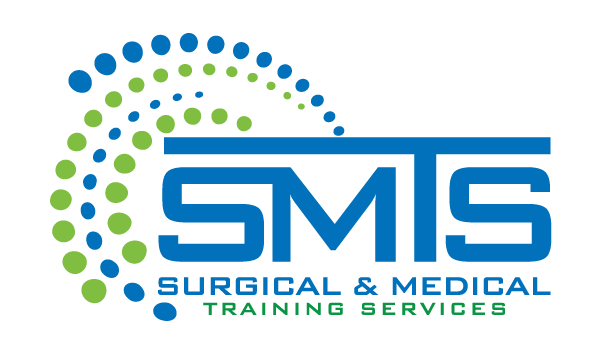The novel coronavirus has placed strain on our medical system in ways we’ve never seen. But it hasn’t only been hospitals, urgent care clinics, and even how first-responders operate in the field that have experienced dramatic changes, our medical schools have also been affected. In some ways, due to the pause on in-person clinical training some med students faced, we could say these changes were unfortunate. Looking forward, however, medicine is now creating post-pandemic visions of health care that may have positive and lasting effects around the world.
The adjustments that medical schools had to make beginning in early 2020 touched both ideology and clinical practice. Nearly every aspect of how medical students would learn was touched. Administrations, professors, and students themselves had to adjust on the fly. There was no warning, no instruction manual to follow, and a whole generation of doctors to train. What is interesting about this scenario is that it may offer some of the best opportunities to transform the system from the ground up.
One of the most significant changes to occur during this time was the switch to online learning. The technical aspects of this transition were relatively easy. It’s the clinical aspect that can prove challenging. Regardless of the advances we’ve made in technology and simulation, a switch to online learning could diminish the hands-on portion of clinical medicine that is so necessary and integral to success for new doctors. Being an advancing field, medicine demands that doctors continue to progress in their awareness of human anatomy, which we still believe comes best through cadaver training.
While some institutions have moved solely to virtual reality simulators and video libraries of old patient interviews and exams, these are poor substitutes for hands-on practice. Clinicians who will administer injections, draw blood, administer anesthesia, work in pain management, or who will perform any surgical procedure must know what the human body feels like. The skin, muscles, fat, connective tissue, and bones provide very specific amounts of resistance to needles and other surgical instruments. Without the cadaver experience, medical students, doctors, first-responders, and other clinicians miss out on the opportunity to gain confidence and feedback not from a simulator but from a real human body.
Seeing that the practice of medicine takes place with real people, we can continue to observe the value of cadaver training today, tomorrow, and for the foreseeable future. SMTS – Surgical & Medical Training Services understands the safety concerns brought about by COVID-19 and its new variants. We have made necessary shifts in our training modules to accommodate the highest standards of learning in the safest environments.
Learn more about our available offerings in cadaver training, including our live streaming services. Contact us at (888) 801-9444.

